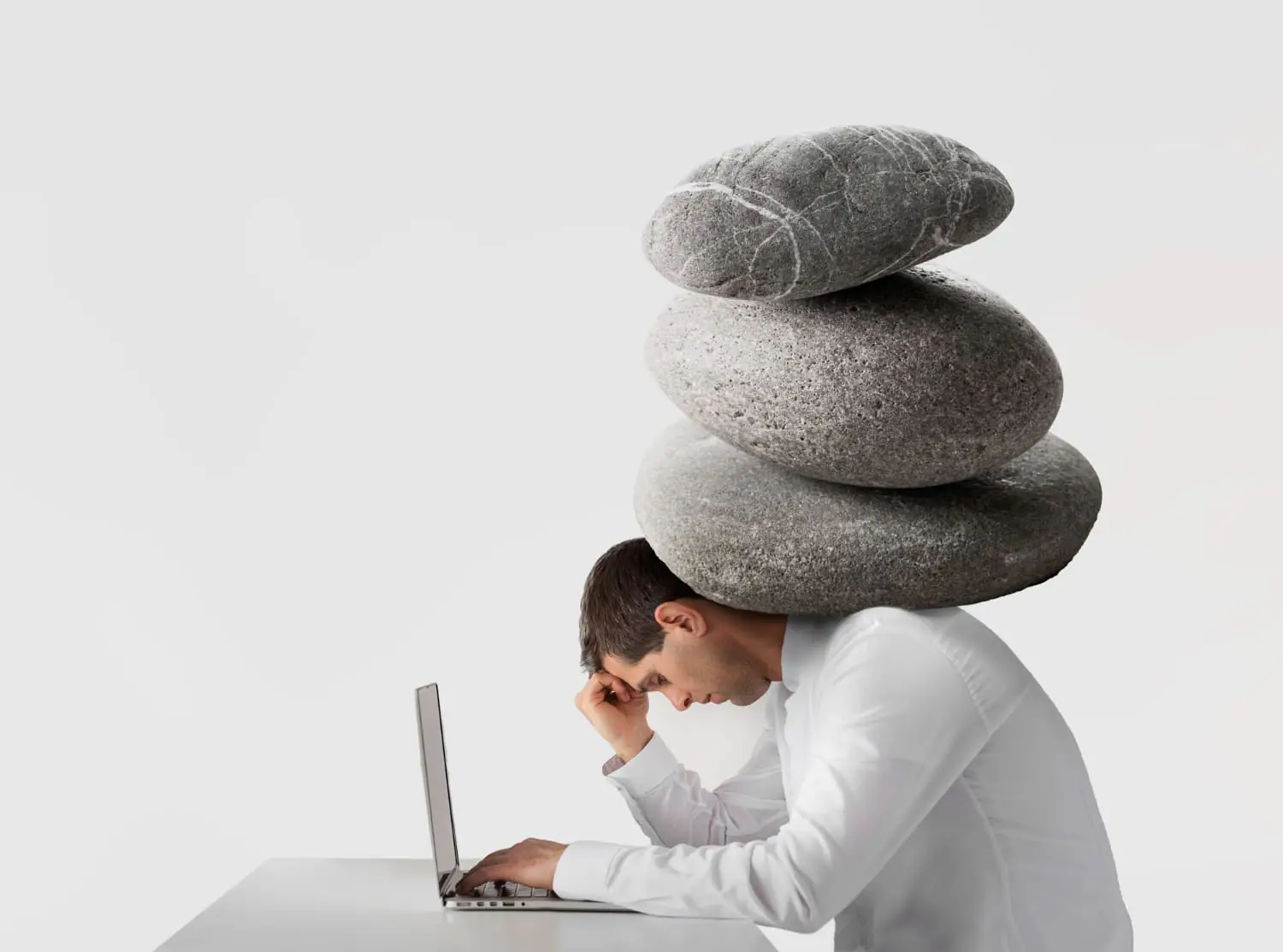What is social phobia?
Social phobia; It is a disorder that is included in anxiety disorders and is defined as a distinct and persistent fear of social or performance situations in which the person is faced with the scrutiny of strangers or other individuals.
What is the prevalence of social phobia?
The incidence of social phobia, one of the most common mental disorders, is between 7-12 percent. It is known that social phobia is more common in pre-adolescence and late adolescence (10-17 years old). Studies have shown that it is 1.5 times more common in women than in men.
The psychological symptoms of social phobia are:
Lack of self-confidence, feeling of inadequacy, timidity, inability to make eye contact, constant desire to escape and leave the current environment, fear of making mistakes, inability to maintain or initiate relationships, thinking that all people are watching, not finding oneself worthy of being loved, not liking oneself and the desire to be perfect, etc. These are various situations that are perceived differently.
Researches;
- They believe that individuals with social phobia are in danger of behaving in an incompetent and unacceptable manner,
- They assume that such behavior will lead to consequences such as loss of status and value and interpersonal exclusion,
- It shows that they are anxious in social situations because they have a high standard or expectation of social performance.
In which personality traits are social phobia usually seen?
In individuals with social phobia; The tendency to evaluate everything negatively, associating negative social situations with internal values such as incompetence and inadequacy, while the tendency to attribute positive social situations to external factors such as luck and coincidence, the perception that others’ evaluations of them will be negative, increased physical tension in social activities, and perfectionism have been observed.
What are the situations that trigger social phobia?
Talking on the phone in public, eating and drinking, speaking in front of an audience, working while being watched by others, talking on the phone or face to face with people you don’t know or don’t know very well, using public toilets, aptitude or knowledge testing, making presentations, meeting new people, working Situations such as meetings, sitting opposite each other in public transportation, and eye contact can trigger social phobia.
Does social phobia cause other psychological disorders?
As a result of social phobia, disorders such as
- Depression, Agoraphobia and Anxiety are observed.
How is social phobia treated?
Social phobia is a treatable disorder. Depending on the patient’s condition, psychotherapy can sometimes be applied alone or sometimes together with medication.
Cognitive behavioral psychotherapy is one of the most effective methods of treatment. The aim is to functionalize the person’s thoughts that are far from reality, dysfunctional, and excessive.
In the face of situations that cause social phobia,
- Thinking, acting and reacting differently,
- Attempts are made to teach ways to cope with feelings of fear, anxiety and shame.
It starts by identifying stress sources, that is, triggers, and creating awareness about in which environments, when and how often these problems occur. Various relaxation and breathing techniques and restructuring methods are used to cope with physical symptoms. The aim is to ensure that the negative beliefs the individual forms about himself become healthy, realistic and functional.
Social phobia is treated by a specialist. However, there are various initial steps an individual can take to deal with situations that may trigger their symptoms.
- These steps include regular exercise, being physically active, participating in social environments with people you feel comfortable with, eating healthy, limiting or not consuming caffeine consumption, not using alcohol, functionalizing stress coping skills and creating a sleep routine.




